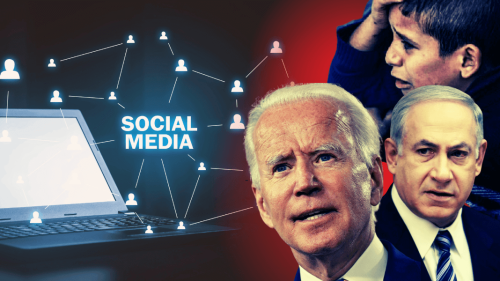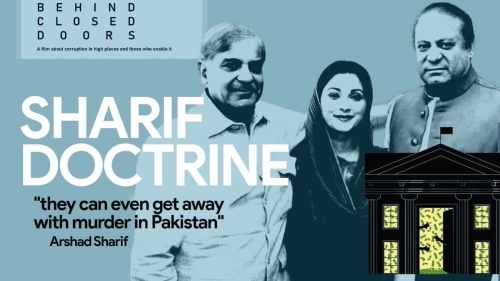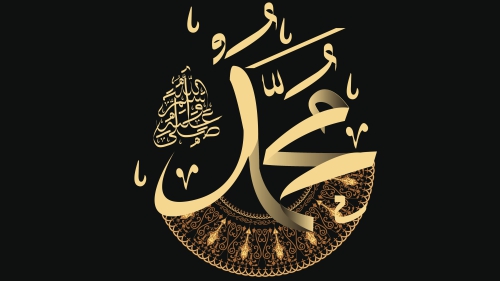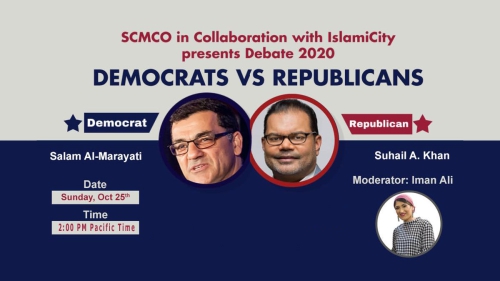Football, Politics, and Class Struggle

Noam Chomsky is right when he says that, in the US, sports creates the necessary “fantasy world” required to shield people from understanding, organizing, and attempting to “influence the real world.”
Referring to sports commentary and phone-in shows, Chomsky, in an interview with AlterNet, marveled at the intellectual and analytical skills of people engaged in the sports culture. Ultimately, however, this culture “has no meaning and probably thrives because it has no meaning, as a displacement from the serious problems which one cannot influence and affect because the power happens to lie elsewhere,” he said.
This is largely true of the United States and Europe, where sports has become a most lucrative business; sportsmen and women are assigned financial values, like products to be bought and sold in an ever-thriving market.
However, the US and Europe do not represent the rest of the world. While in the economically privileged West it is relatively easy for people to knowingly disengage from politics - due to the general distrust of politicians or, sometimes, indifference to political outcomes - elsewhere, sports, especially football, carry much deeper and layered meanings that must be analyzed in an entirely different socio-economic and political context.
French author, Marc Perelman, has little patience for sports. He finds the entire exercise worthless, dangerous and unfixable. He is not alone. The expedient comparison that many intellectuals, especially on the left, find suitable is that the role of sports is similar to Karl Marx’s depiction of religion as the “opiate of the masses”.
While historically the claim is understandable, again within the Western cultural context, it is reductionist and, although often unwittingly, carries the air of ethnocentrism. Yes, the relationship between ardently capitalist Western societies and their ‘consumers’ - relatively marginalized, working-classes - deserves much scrutiny, but what applies to the US and Europe should not automatically apply to the rest of the world.
Italian anti-fascist intellectual, Antonio Gramsci, said about the intellect of the people: “All men are intellectuals, but not all men have in society the function of intellectuals.” Partly, this means that while intellectuals may function in society as a separate class - analyzing, deconstructing and offering their own wisdom - every man and woman, regardless of whatever function they fulfill in society, are capable of serving the role of intellectuals in their own capacity and different social contexts, even if they are not designated as such.
Gramsci was quite agitated with the role that European - specifically Italian - intellectuals have played in the early part of the 20th century. He chastised the conformity of some and the social detachment of others. He referred to the latter group’s thinking as ‘intellectualism,’ men with ideas that ebb and flow within closed circuits, neither affected by outside stimuli nor able to influence outcomes outside their own intellectual cocoons.
For these ‘intellectualists,’ it is convenient to perceive all the people in the world as one ‘mass,’ unable to think or act outside the role assigned for them by the ‘system.’ For Gramsci, however, the masses are far more complex and intelligent. They are not mere hamsters in a laboratory experiment, unable to find their own path or make their own decisions.
This is as relevant in sports as it is in other social contexts.
During the political and violent upheavals experienced by several Arab countries in the last decade, football fans shifted their role in society from being mere ‘sports fans’ to political agitators. In that painful transition, thousands were killed, tortured, and imprisoned for daring to cross the imaginary line that was predetermined for them. Interestingly, in this case, football fans behaved as political agents, yet within the same social context of being football fans.
This phenomenon is not new, having expressed itself in South America, Africa and other socio-political spaces in the Southern hemisphere for many years.
An example that immediately comes to mind within the Western context is the solidarity displayed by fans of the Scottish Celtic FC team towards the Palestinian people and other national struggles around the world. The Celtic’s behavior can be truly appreciated when viewed from a historical perspective, as the Club was formed during times of upheaval, great suffering, and untold racism that have afflicted Ireland, Scotland, and England in the late 19th century.
Football stadiums are like social mirrors that reflect the collective mood in any given society. The physical condition of the stadium itself, the symbolism of the flags and the chants, the racism or camaraderie, the joy and the pain are all reflective of larger phenomena that are deserving of much scrutiny and study. None of this can be reduced to a few maxims and quick assumptions.
For many nations around the world, football is not a form of escapism. It is, rather, the only ‘political’ space in which they are able (read: allowed) to operate. While, on the outset, they may appear to be ‘fans' of ‘meaningless’ sports events, quite often they are aware of the underlying political, if not socio-political, meanings of these events and of their own role, not as spectators, but as political agents and, at times, agitators.
This is why it is typical for Arabs or Indians to support the Cameroon or Nigeria national teams during the World Cup or for Celtic fans to raise Palestinian flags during their matches and so on. They do so because they have successfully identified and positioned themselves within class and racial orders that divide the world into first, second and third, colonists and colonized, privileged Whites and underprivileged ‘people of color.’
True, for ruling classes, football is often intended to be the “opium of the people.” But it would be naïve to assume that the people, in their own ‘intellectual’ capacity, are unable to take ownership of that medium, as they have done in many other contested spaces.
In itself, football and sports are neither good nor bad. It is one of many other contested socio-political spaces that can be assigned all sorts of meanings, and can still be claimed by the people as an expression of their own culture, collective identity, and political aspirations.
- Ramzy Baroud is a journalist and the Editor of The Palestine Chronicle. He is the author of five books. His latest is “These Chains Will Be Broken: Palestinian Stories of Struggle and Defiance in Israeli Prisons” (Clarity Press). Dr. Baroud is a Non-resident Senior Research Fellow at the Center for Islam and Global Affairs (CIGA) and also at the Afro-Middle East Center (AMEC). His website is www.ramzybaroud.net
Topics: Government And Politics, Soccer, Social Class
Views: 1500
Related Suggestions

















